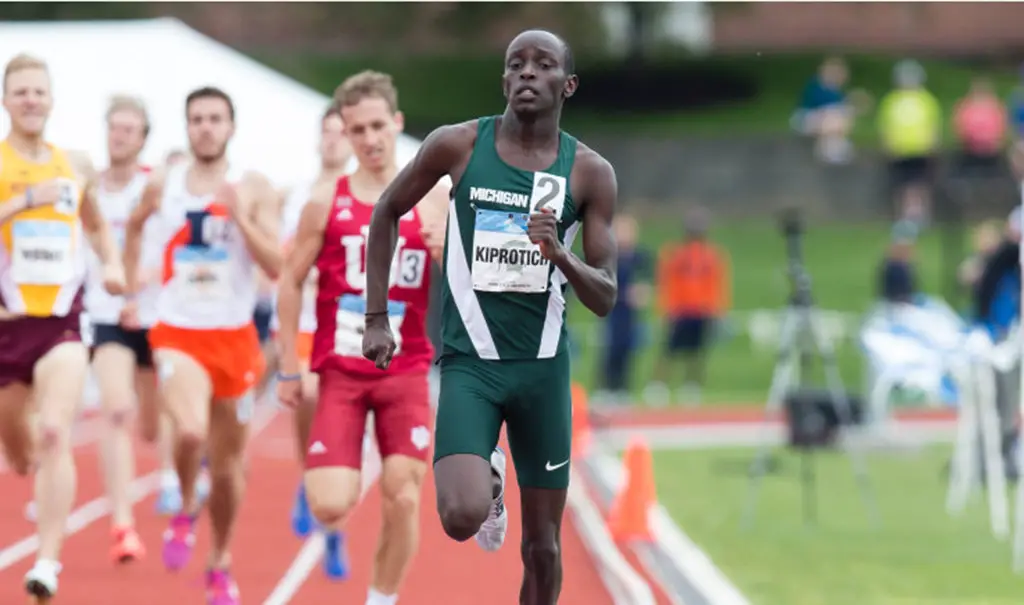It is generally believed that most of the concussions among college students happen due to sports-related injuries but a new study by the University of Colorado Boulder researchers found it is not the case.
The three-year study published Dec. 18 in the journal JAMA Network looked at the student health data from the University and found 340 concussions diagnosed annually in which 64 percent were non-sport-related.
Most of the concussions resulted from slips on the ice or crashes on skateboards, fight or accident and motor vehicle accidents. Only 36 percent were sustained during organized competitive sports, such as club sports.
Researchers tracked concussion diagnoses at the Wardenburg Student Health Center from August 2015 to May 2018 and through CU Sports Medicine, which treats varsity student-athletes, from 2016 to 2018.
“There is a widely held perception that most concussions are sport-related. Our study shows it can happen to anyone, male or female, engaged in a variety of activities,” said co-author Matt McQueen, an integrative physiology professor at the University.
The study found that concussions mostly soared in the month of August and at a higher rate among females partly attributed to hormonal differences and differences in neck strength and head mass which may play a role. As compared to 54 females, only 26 males sustained concussions across two academic years.
Researchers called on student health centers around the country to train their staff in concussion recognition and “putting systems in place to help concussed students get the evaluation and treatment they need.”
Two Florida Lawmakers Introduce Bills for Student Athletes Compensation

